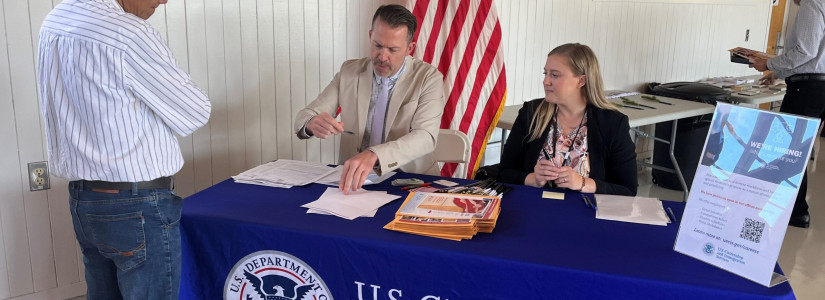Impact of Current Political Climate on Immigration Policies: How New Legislation and Executive Actions Are Shaping Options

The political climate in the U.S. has a direct impact on immigration policies, with changes often happening swiftly as administrations evolve.
The current environment has seen new legislation and executive actions influencing immigration processes, shaping the future for millions of applicants.
Let’s explore how recent political decisions are affecting immigration options in the U.S.
Recent Legislative Changes in Immigration
The U.S. immigration system has seen a series of legislative changes in recent years, some of which aim to expand opportunities for immigrants, while others restrict certain pathways.
Key proposals, like the U.S. Citizenship Act, highlight the desire to modernize the system, providing a pathway to citizenship for millions of undocumented immigrants.
However, legislative gridlock has slowed progress on these reforms.
Several key areas where recent legislation has had a profound impact include:
- Dreamers and DACA: The Deferred Action for Childhood Arrivals (DACA) program, which protects Dreamers, continues to be a flashpoint. Recent political decisions have left its future uncertain, affecting thousands of young immigrants.
- Temporary Protected Status (TPS): The Biden administration has extended TPS for many nationals from countries experiencing conflict or disaster, providing temporary relief to individuals unable to return to unsafe conditions.
Executive Actions: Steering Immigration Policy
Executive orders and actions are another way the political climate shapes immigration policy.
President Biden, for example, has issued several executive orders aimed at reversing the restrictive policies of previous administrations. Some of these actions include:
- Reversing Travel Bans: Early in Biden's term, executive orders lifted the travel bans targeting several predominantly Muslim countries, signaling a shift toward more inclusive immigration policies.
- Refugee Admission Cap: The refugee admission ceiling has been raised, reversing previous reductions. This shift could lead to more opportunities for asylum seekers and refugees in the coming years.
The Role of Congress in Shaping Future Immigration Policy
While executive orders can set immediate changes in motion, legislation passed by Congress is essential for long-term reform.
There is debate over the future of immigration pathways such as family-sponsored immigration and employment-based visas.
Advocates continue to push for reforms to streamline the system, while opponents seek stricter enforcement measures.
Key Areas of Debate
- Border Security: While there has been bipartisan interest in improving security at the southern border, how this is achieved remains contentious. Proposed measures range from physical barriers to enhanced technology for border patrol operations.
- Employment-Based Immigration: Employers across industries have expressed concerns over the current cap on employment-based visas. Legislative solutions could ease the process for skilled immigrants and address labor shortages in key sectors.
The Future of Immigration: What's Next?
As the political landscape continues to evolve, so too will immigration policy.
Whether through legislative breakthroughs or continued executive actions, immigrants must stay informed about how these changes may impact their options.
The path to reform may be gradual, but each political shift presents new opportunities—and challenges—for those navigating the U.S. immigration system.
-
Subscribe to our Newsletter to receive updates and resources about immigration benefits!
Related Articles
View all postsReady to get started?
Together, we'll turn your American dream into reality.
Your immigration journey is just a click away. Sign up for our newsletter to receive the latest updates, resources, and exclusive insights to aid your immigration journey. Let us be the guiding light to your new beginnings in the United States.
Subscribe









